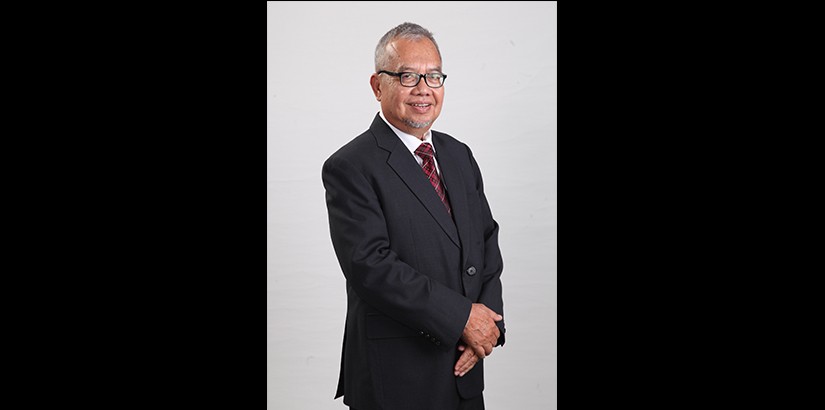2020
29 AprCOVID-19, Wake Up Call on Years of Environmental Neglect
Covid-19 is the biggest curse for humanity. Close to 3 million people have been infected. More than 250,000 have died. Without a vaccine, the control of the infection is through avoiding close contact. The world has been inundated with the slogan “JUST STAY AT HOME”.
Though public health is the biggest calamity, the economy has also taken a big hit. Small businesses which thrive on daily incomes have been shaken. With the lockdown, their meagre income is completely locked out. In India, thousands of daily paid workers from the rural areas have to walk hundreds of kilometres home. In Africa, the same of groups of daily income earners fear hunger may get to them first before Covid-19.
Big businesses have also not been spared. Tourism and travel have been rattled. Many 5-star hotels have ceased operations. Many big airlines around the world have filed for bankruptcy. Thousands who work for the airline industry including pilots have been made jobless. Cancellation of orders for new airplanes has also affected the likes of Airbus and Boeing, the two major makers. These will undoubtedly have the domino impact on the supply chain. In Malaysia, aerospace companies involved in the supply chain face uncertainties.
The commodities sector has been badly impacted by a slump in demand. The prices of our two major commodities, palm oil and rubber, have taken a dive. Palm oil price which was just emerging from the low-price situation in 2019 has slid back into negative territory. While, the price of rubber, which has been dismally low for years now, has yet to see the light of day. The oil and gas sector, our major revenue earner, is also in dire straits. Attempts by oil producing nations to cut supply have not delivered the desired effect. The world oil price has dived below USD20 per barrel.
The food and medical sectors are mostly spared by the pandemic. The medical equipment makers are coping with massive orders. Our glove manufacturers are benefitting from the demand surge. Some food farmers are not so lucky. Despite the rising demand of foodstuff, logistical inefficiency has been a major obstacle. It has been reported that vegetable farmers in Cameron Highlands have lost out because of that. In Holland, the tulip farmers are crying because their produce cannot reach the market.
The environment is somehow seeing positive development. For a long time now, nature has suffered from years of neglect. Climate scientists have long warned that our unsustainable practices would exert a heavy toll on our rivers and air. With the enforced lockdown, when much of our activities are suspended, there has been visible evidence of recovery. Pictures of cleaner rivers and clear air have been shared. In a way, Covid-19 has suddenly reversed the fate of the environment for the better. This goes to confirm the scientific stand that we are the culprits in the worsening river and air quality. And it also shows that nature, left to its own, can heal by itself. The cessation of human activities during the pandemic has been a blessing to nature.
The question is, does the positive reversal of nature’s well-being teach us all a lesson? Can we expect more intensive climate actions by countries post Covid-19? Or will it again be business as usual? Is this also part of the new normal that we speak about? Will there be a change of view among those who have been sceptical about climate change? These are some of the questions needing answers. One thing is for sure. If we continue the way we have been doing all these years, we will soon realise that climate change will prove to be a bigger pandemic. The UN-SDGs are a blueprint for sustainability. Pursuing the 17 goals of the blueprint is a major step to fight climate change. At UCSI University, the UN-SDGs are given a lot of attention in preparing students before they graduate. Like the current pandemic, fighting climate change calls for collaboration from all. Education at UCSI University trains students for such collaboration.







